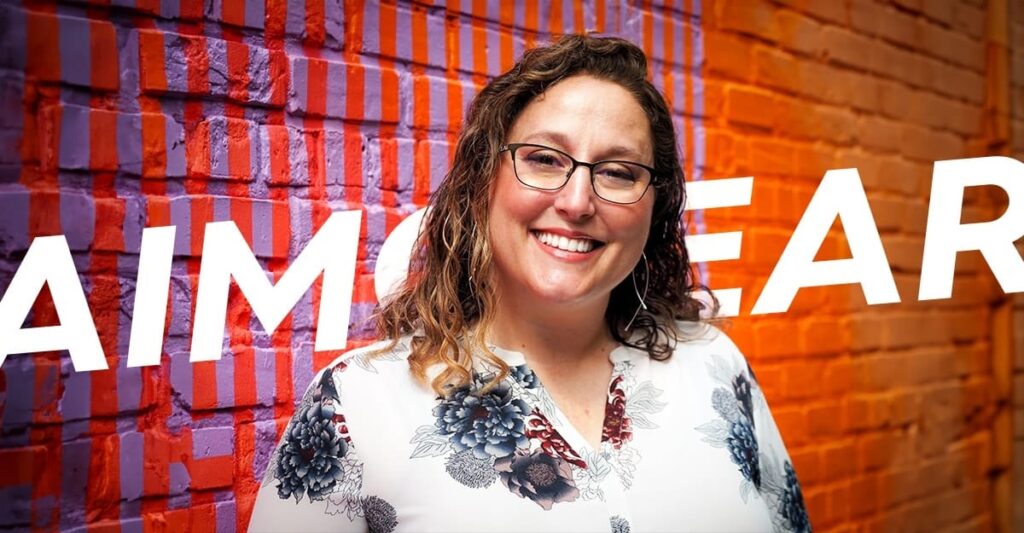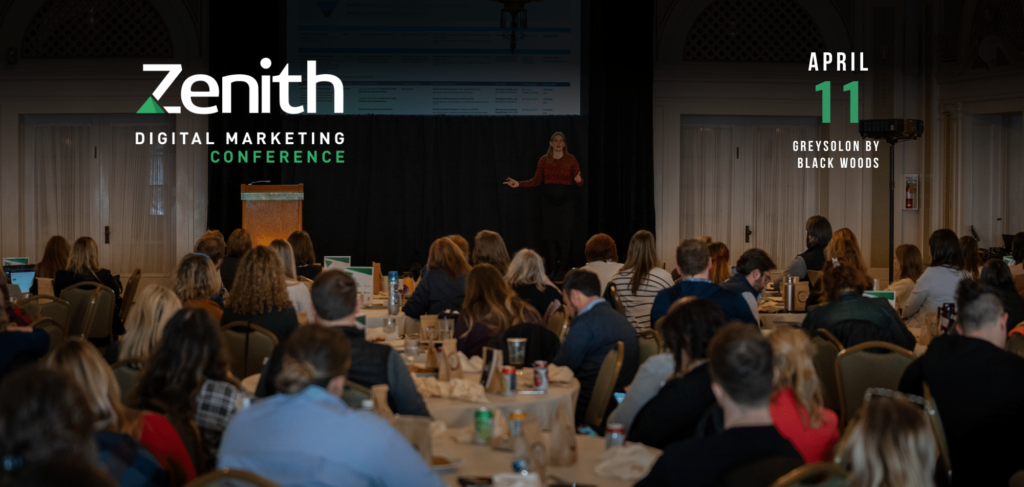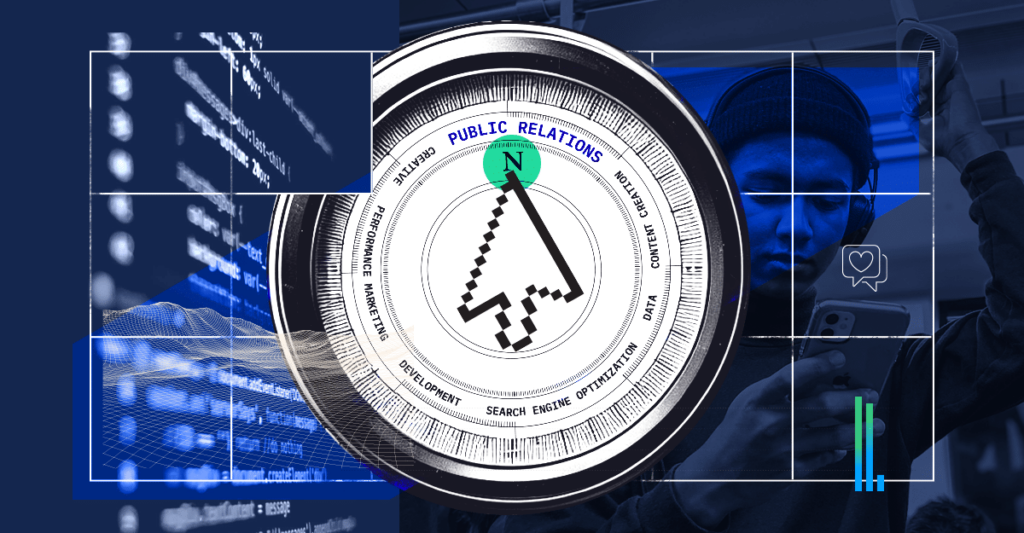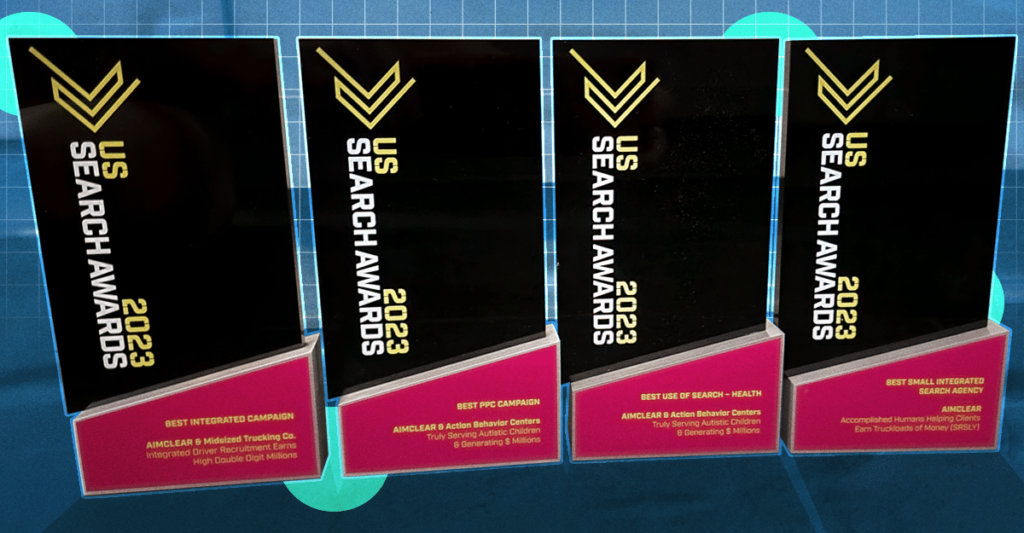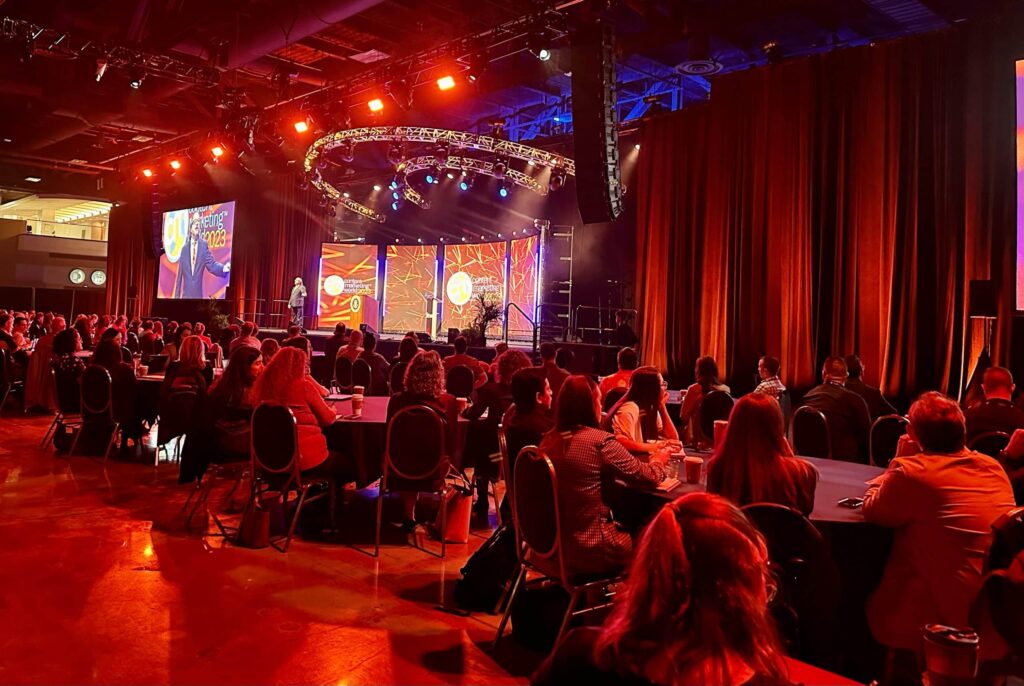Over years of conference coverage, we’ve learned that sometimes it’s best to hold onto special sessions for a bit… let the fruits of knowledge ripen… let the excitement of the expo experience tone down before unleashing the insightful splendor into the blogosphere.
That said, it’s now time to revisit one of the last sessions from the last day at SES Chicago. The crowd sitting in on Marketing to Marketers was small, quiet, but eager to learn (and begin). Without a moment’s notice, the panel up and chucked the jumbo room for an intimate round-table audience participation Q&A at Kitty O’Shea’s. Drinks included. No joke.
The revered panel included Matt McGowan, VP & Publisher of Incisive Media, Rebecca Lieb, VP U.S. Operations, Econsultancy, Crispin Sheridan, Senior Director of Search Marketing Strategy, SAP Marketing and moderator Corey Perlman, President eBoot Camp Inc. Their mission: to collectively reveal how marketing to marketers is different than B2B and B2C.
Or is it?
But wait- there was more. On the way to the bar the troupe picked up a few more respected thought leaders of the community including Mike Grehan, SES Advisory Board Co-Chair & VP, Global Content Director, Incisive Media, Anne Kennedy, founder & MP, Beyond Ink, SES Advisory Board, FP & CMO of Joblr.net and Jonathan Allen, Director, Search Engine Watch. (Super sweet bonus of panel experts for those who actually stuck it out).
Here’s a recap of the presentations conversations that transpired (on occasion in bullet form to emphasize key takeaways from each speaker):
Perlman: First off, why are we here? Well, we had sessions to fill and marketers are very sophisticated… they can sniff a sale from a mile away.
Sheridan: When I woke up, I had to ask myself: “What did I just agree to!?” I asked my constituents if they had a clear understanding of how to market to different teams.
- When marketing to marketers, understand that there are a considerably greater amount of risks than marketing B2B or B2C.
- You’re required to do stuff that’s new and innovative.
- You’re charged with the tremendous expectation to not fail.
- At SAP Marketing, a healthy incorporation of social media has had the most impact on marketers.
From the audience:
Tim Gorski: I heard there’s been a huge upsurge in the male demographic in Facebook. Is that because there’s middle and upper management going to social media like Facebook?
Sheridan: It’s a possibility. We’ve had our toe in the water for a while. Using social media with marketers is powerful. We directed sales from Facebook to our website and our sales have increased.
- One key element is finding out where people go online and what social media platform they are using. Profiling user behavior provides excellent insight for marketing efforts.
Grehan: I asked Lieb to be on the panel as the editor of a marketing publication. Lieb, when dealing with marketers I’ve noticed you get more feedback.
Lieb: I’m biased toward content-based marketing. Thinking about that, I heard independently from three different people in the speakers’ room: “We’re really getting into training and we’re really making money. And we’re doing training because the leads we’re getting from the courses become our best clients.”
- Look to help marketers do their job better. The bottom line is we’re giving marketers valuable actionable information. When they understand, they convert.
McGowan: From my perspective, sitting down with Omniture, or a similar company in that vein, they all talk about their new libraries of content: video, whitepaper, articles, .pdfs, Â podcasts, etc.
Grehan: Your job is even more difficult than that. You have to take the creative people and sales people and teach them how to market to marketers because they can’t just throw bullshit.
McGowan: Right, with marketers you must do this to add value. Whatever you are selling must improve their bottom line, whether it’s connecting business with marketers or business to consumers.
- We’re publishers and we put on shows, but what we do is connect businesses with marketers.
- Delegates want to know how to spend their marketing dollars better.
- We like to think of it as a little playground, or supermarket. But overall we want to facilitate those interactions.
Grehan: Isn’t it easier when people have actually received something?
McGowan: Right, but I think in any business, it’s part lead-generation.
- There are two buckets: part of the budget goes to lead generation and the other part takes the leads and markets to them.
- Think non-profits:Â if you sign up for a newsletter, they’re probably going to ask you for a donation.
Perlman: As marketers our BS level is up there. But when you see a good job, you know it.
From the audience:
Anthony Wrubel: But I’ve noticed marketing is leaning towards network science. “Give to get.” The expectations from marketers are that they will also get something.
Grehan: Yes, specifically Google has adopted that. When that begins to happen you move from being a broadcast medium to a listening medium.
Wrubel: Yes. You have to align your objectives by listening to the feedback. The “give to get” is just another way to make the benefit clear.
Kennedy: You can’t kid a kidder. ( 🙂 )
McGowan: I think, possibly, marketers are on the top of the list of the most critical. How often do we get a response from someone in the industry that critiques what you put out there? You have to cut through the crap.
Lieb: I’ll reject a pitch if the marketing sucks; I really respect good marketing. I think you can market to marketers if you’re so kick-ass good.
McGowan: It’s not all that different than marketing to other groups; you just need to know your audience.
Grehan: In all actuality, we’re all selling to each other.
Kennedy: Is there a larger issue (aside from selling booths and tools) of how to market this new science to those who are new to it? We need to know how to get all the marketing disciplines to play nice together. How do we market to traditional marketers and get them to use the keywords we need?
Lieb: That’s one of the biggest challenges. You’re either the traditional marketers of TV and print or the data techie people segregated on a different floor. It’s exceptionally hard to integrate the two because their mindsets are totally different.
Grehan: It’s ironic: a lot of technology companies get their funding when they adopt more “traditional” techniques.
Sheridan: When you’ve got people down the funnel, you have to be sure it does really well. When I first worked at SAP they didn’t have a marketing department. I was working in HR in Canada with Excel spreadsheet. We were so busy we could hardly print enough disks. (Disks, remember those?) Only when business started to plateau did they get a marketing department.
McGowan: A distinction has to be made from marketing to marketers and B2B.
From the audience:
Wrubel (previously employed with Ocean Spray): Search is looked at as an after thought because it’s not understood. In store things are pretty easy to understand, but search is so complex.
Audience Comment
Armen Tatevosian: It comes down to what you are on the hook for.
Grehan: You could distinguish B2B and M2M but in the real world the business owner is often also the manager and marketer anyway… so it’s often the same audience.
McGowan: To get to your point- there is so much brand cache with Ocean Spray as opposed to, for example, Snapple, which was new. We are seeing a massive increase in small to medium businesses because the barriers to entry are lowered. In contraction times we often see the small businesses eat the lunch of large business. I always look at the Nielsen data. But I want to know the actual numbers. Metric based marketing, whatever it is, display search, as long as the government doesn’t intervene is here to stay and the other marketers need to understand it. Big brands don’t necessarily need to be good at search, for example: Cheerios. Their page is a .pdf. They don’t spend a lot of money there because everyone knows the brand.
Lieb: Kraft Foods is selling iPhone apps. That’s really pretty darn remarkable. The iPhone app gives you recipes, Kraft Food based of course, and store check lists.
McGowan: What’s really amazing is that they are selling it.
Kennedy: They’re getting consumers to pay for the marketing!
Grehan: Devil’s advocate. Is it easier for us online guys to market to offline guys because they don’t know?
McGowan: There are also those people who had bad experiences with bad SEOs. They gave us a bad name and now we have to prove ourselves. That’s why we must lead with education.
Lieb: That’s an essential difference. You need to have the educational component. How do you do something that’s incredibly complex and brand new?
Grehan: What do you need to be when you go online? Techie or creative?
Allen: The more signal we create, the better. If it does register, it registers hard. Like Matt was saying, the cowboys have damaged our industry. But if we take this one stand we’ll hit the right people. It’s enabling everyone to be everywhere.
Lieb: For the first conference that talked about spam, we invited the Federal Trade Commission to come and speak. Because we reached out, Clickz became a big part of shaping the legislation. That’s a form of marketing.
McGowan: Some members of the Congressional Department are in attendance this week to figure out how to package this to small businesses. Later, I’ll be meeting with them because we can use these networking connections to leverage the market. Speakers are often our best vehicles to the market.
Lieb: Digital marketers must take a stand. We’re shaping the best practices and federal record.
Allen: One problem we’ve had with B2B what is: “What’s the one message that’s going to work?”
- As marketers we have a massive BS detector and are likely to criticize.
- One great thing about search marketing is that we can manufacture content around ultra niche levels just by collaborating with and listening to everyone.
Sheridan: There is a big connection between marketing to offline people and marketing to marketers who don’t understand search yet:
- We need to educate them on something they’re unfamiliar with, just like traditional marketers would with a brand new product.
- Part of our job is to make them realize the people they’re marketing to are active in these online communities.
- The next step is letting them know what they can actually achieve by marketing with these online strategies.
- These two elements drew attendance though the roof and the feedback scores were admirably high in September- 4.6 out of 6. Marketers came anxious and left calm because they understood, plotted, and adopted a strategy.
Lieb: This all links back to education and training.
Armen: Right, they have a path now, but what I don’t see here are support and next steps.
Kennedy: Which is where search marketers come in. The more we tell, the more we get leads. We wont be able to go out of business.
McGowan: Education seems to be the key, whether it’s what can help them (strategy) or (more traditionally) what the product is.
So there you have it, folks- the ultimate conclusion from the tail-end of SES we felt honored to help pass along: education is nothing short of essential when it comes to marketing to marketers; without it, don’t expect to help break people free of the bad taste SEO may have left in their mouths, or be able to successfully converge tech and creative teams’ marketing skills to your benefit, or, well, gain any ground on the M2M front at all.

